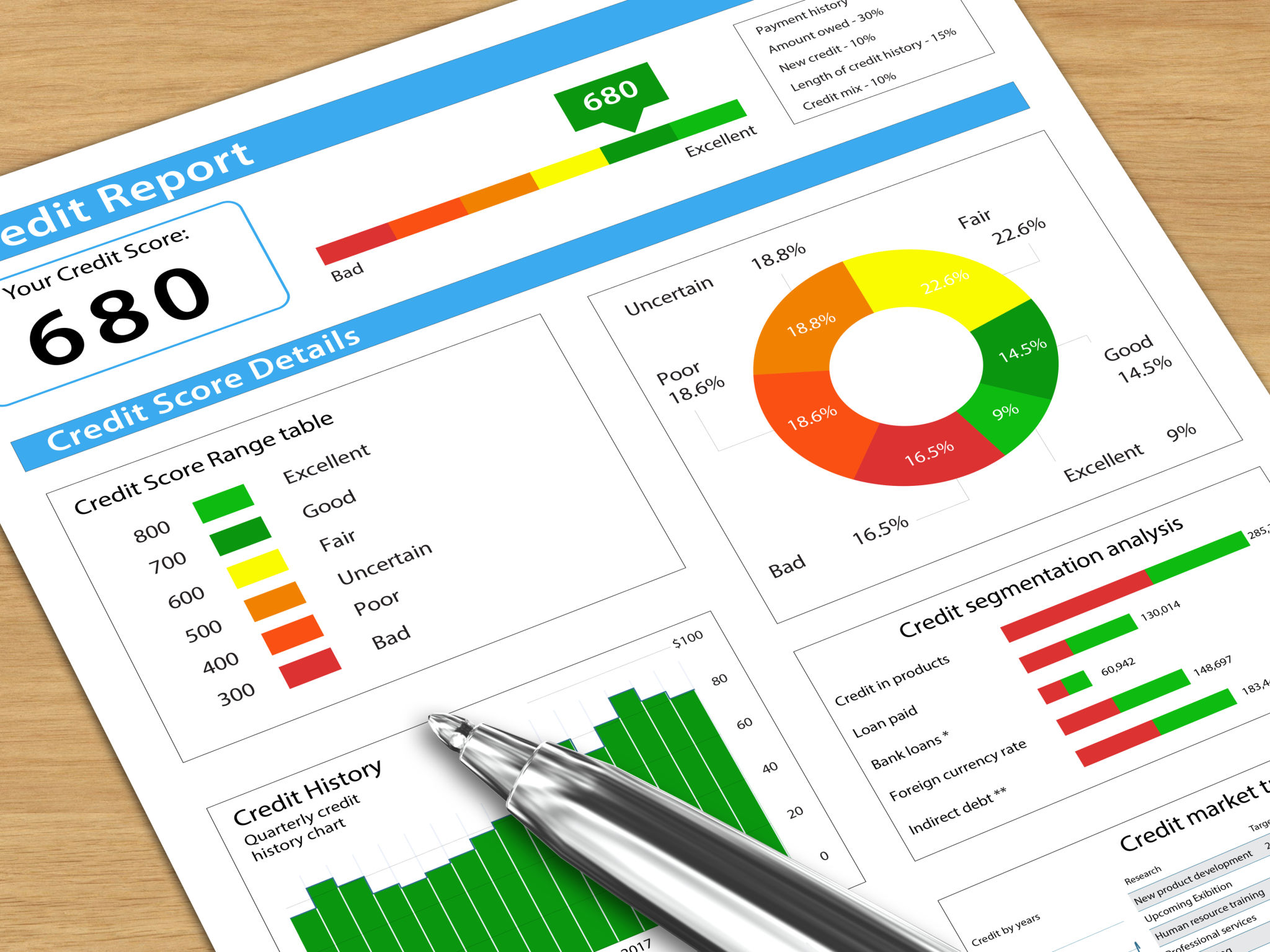Top Credit Repair Myths Debunked
Understanding Credit Repair Myths
In the complex world of credit repair, numerous myths can mislead individuals trying to improve their credit scores. Misconceptions often arise from outdated practices or simply misinformation. It's crucial to separate fact from fiction to effectively manage and improve your credit score.

Myth 1: Closing Old Accounts Boosts Your Credit Score
One common myth is that closing old, unused accounts will positively impact your credit score. In truth, closing a credit account can actually harm your score. This is because it reduces your overall available credit, which can increase your credit utilization ratio. A high utilization ratio can negatively impact your score.
Instead of closing old accounts, consider keeping them open and using them occasionally to keep them active. This helps maintain a healthy credit utilization rate and a longer credit history, both of which are beneficial for your credit score.
Myth 2: Paying Off Debt Erases Its History
Many believe that once a debt is paid off, its history is removed from the credit report. However, the reality is that both positive and negative information related to your debt can remain on your credit report for several years. Positive history generally remains on your report for up to ten years, while negative information like late payments can stay for seven years.

Myth 3: All Credit Repair Companies Are Scams
While it's true that some disreputable companies exist, not all credit repair firms are scams. Legitimate credit repair companies can offer valuable services by helping you identify errors on your credit report and disputing inaccuracies with credit bureaus. However, it's essential to research any company thoroughly before engaging their services.
You can also take steps to repair your credit on your own by regularly reviewing your credit report and disputing any inaccuracies you find. This proactive approach can save money and empower you in managing your credit effectively.
Myth 4: Checking Your Own Credit Hurts Your Score
A prevalent misconception is that checking your own credit report will lower your score. This confusion stems from the difference between "soft" and "hard" inquiries. Soft inquiries, like checking your own credit, do not affect your score at all. In contrast, hard inquiries, which occur when lenders check your credit for lending purposes, can have a minor impact.

Myth 5: You Only Have One Credit Score
Many people mistakenly believe they have just one credit score. In reality, you have multiple scores because several different scoring models exist, such as FICO and VantageScore. Additionally, each of the three major credit bureaus—Equifax, Experian, and TransUnion—may have different information on file, leading to variations in your score.
It's important to keep track of all three reports and understand how different factors can affect each one. Regularly monitoring your scores can help you maintain a healthy financial profile and catch any discrepancies early.
The Importance of Educating Yourself
Understanding these myths and the truths behind them is crucial for anyone looking to repair or maintain their credit. By educating yourself and taking informed actions, you can make significant strides in improving your financial health. Always approach credit repair with a critical eye and be wary of too-good-to-be-true promises.
